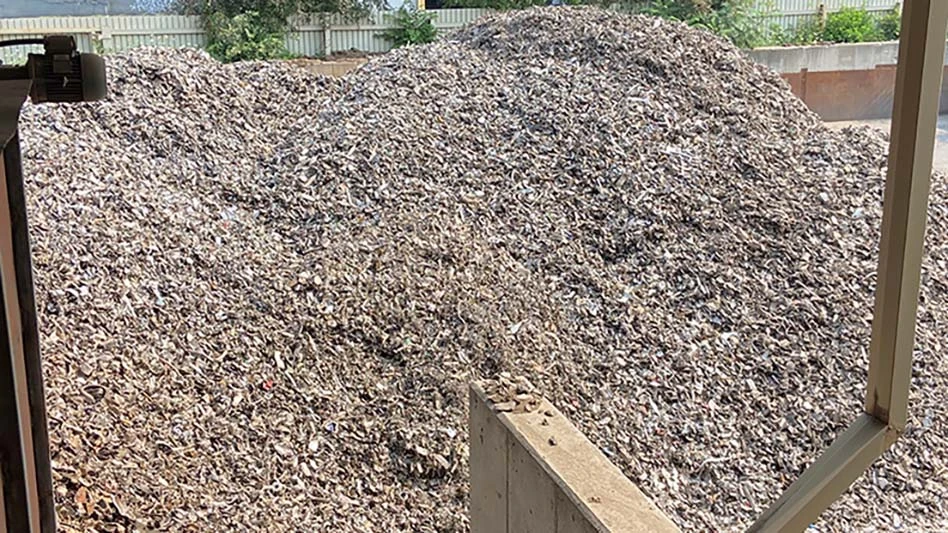Compology, San Francisco, announced Nov. 2 that its container monitoring technology can send real-time text messages and emails to customers when it detects contamination in a dumpster.
These notifications include the location of the container, a time range for when the contamination occurred and a photo and description of the contamination.
Content and contamination is one of four data categories tracked by these container monitoring devices, along with fullness, location and pickup activity.
According to the company, these notifications can help businesses lower waste costs by reducing the potential for contamination fines while also minimizing unnecessary pickups.
The company says that by better tracking contamination, businesses can increase diversion and work toward educating employees on managing waste in more proactive ways. Tracking what goes into a company’s dumpster also can help businesses improve transparency and compliance, Compology says.
Get curated news on YOUR industry.
Enter your email to receive our newsletters.
Latest from Recycling Today
- Metso acquisition focuses on mill liner recycling
- Malaysian customs office seizes scrap containers
- Lindner establishes Brazil subsidiary
- Tire recycling veteran predicts growth in pyrolysis
- ShearCore adds FC95 to concrete processor line
- The Scrap Show: Kamlesh Jain of Jain Metal Group
- Amcor expanding PCR capabilities in Kentucky
- CAA submits amended plan in Colorado





